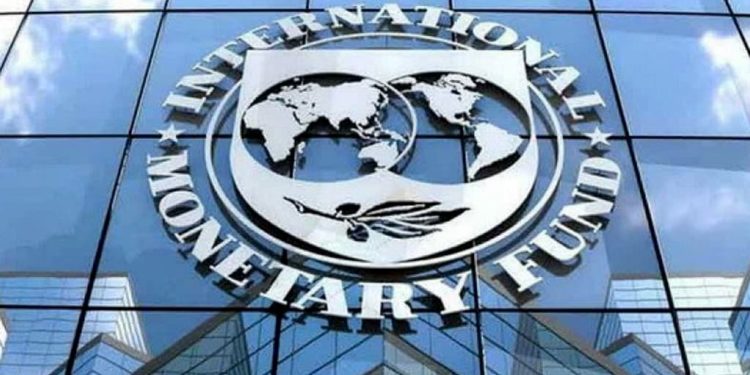The International Monetary Fund (IMF) has stated that Somalia will qualify for complete debt relief by the end of this year.
This is due to the progress made in implementing measures to increase revenue collection and enhance fiscal transparency.
In March 2020, Somalia made the decision to qualify for IMF debt relief as part of the Heavily Indebted Poor Countries (HIPC) Initiative. As a result, its debt burden was reduced from $5.2 billion in December 2018 to $3.7 billion.
Upon completion of the debt relief program, Somalia’s total debt will further decrease to $557 million, which represents only 10 per cent of its gross domestic product.
This significant reduction in debt will provide Somalia with the necessary flexibility to address various economic challenges that have been hindering its growth and development.
Somalia, despite being in debt distress, cannot currently obtain complete debt relief from the IMF unless it demonstrates dedication to implementing structural reforms that guarantee the efficient utilization of public resources for the benefit of all Somali citizens, along with endeavours to stimulate robust economic growth that generates additional employment opportunities.
Somalia’s Good Performance Record
In order to achieve full debt relief through the HIPC initiative, countries must fulfil certain pre-conditions, which include maintaining a good performance record under an IMF program and implementing their poverty reduction strategy for at least one year.
IMF officials held a meeting with Somali officials last week, which included the finance and planning ministers and the governor of the Central Bank of Somalia (CBS).
Following the meeting, the IMF stated that Somalia is making headway in meeting the prerequisites for the HIPC completion point, despite encountering certain obstacles.
The authorities are committed to continue to improve revenue collection and make room for priority spending while containing discretionary expenditure pressures. On domestic revenue mobilisation, key reforms are ongoing on customs modernisation, a new income tax law and increasing revenue collection from large businesses including the telecom sector.
Laura Jaramillo – IMF team Leader
Furthermore, the Somali legislature has approved several laws as part of the structural reforms that the lender had previously requested. These laws will not only broaden the country’s tax base but also enhance oversight of public spending and procurement.
Read Also: IMF Grants Sri Lanka $3 Billion Bailout




